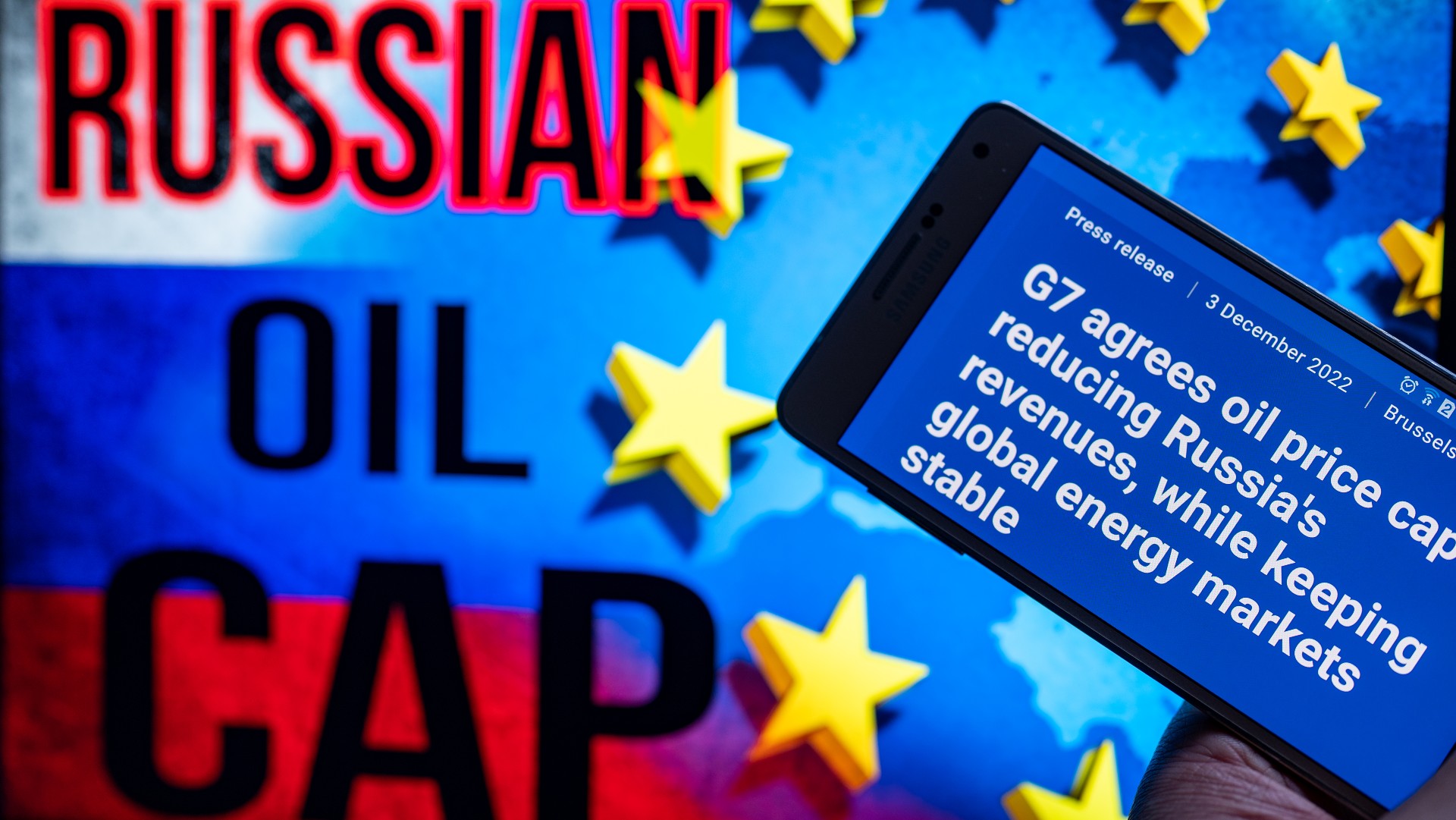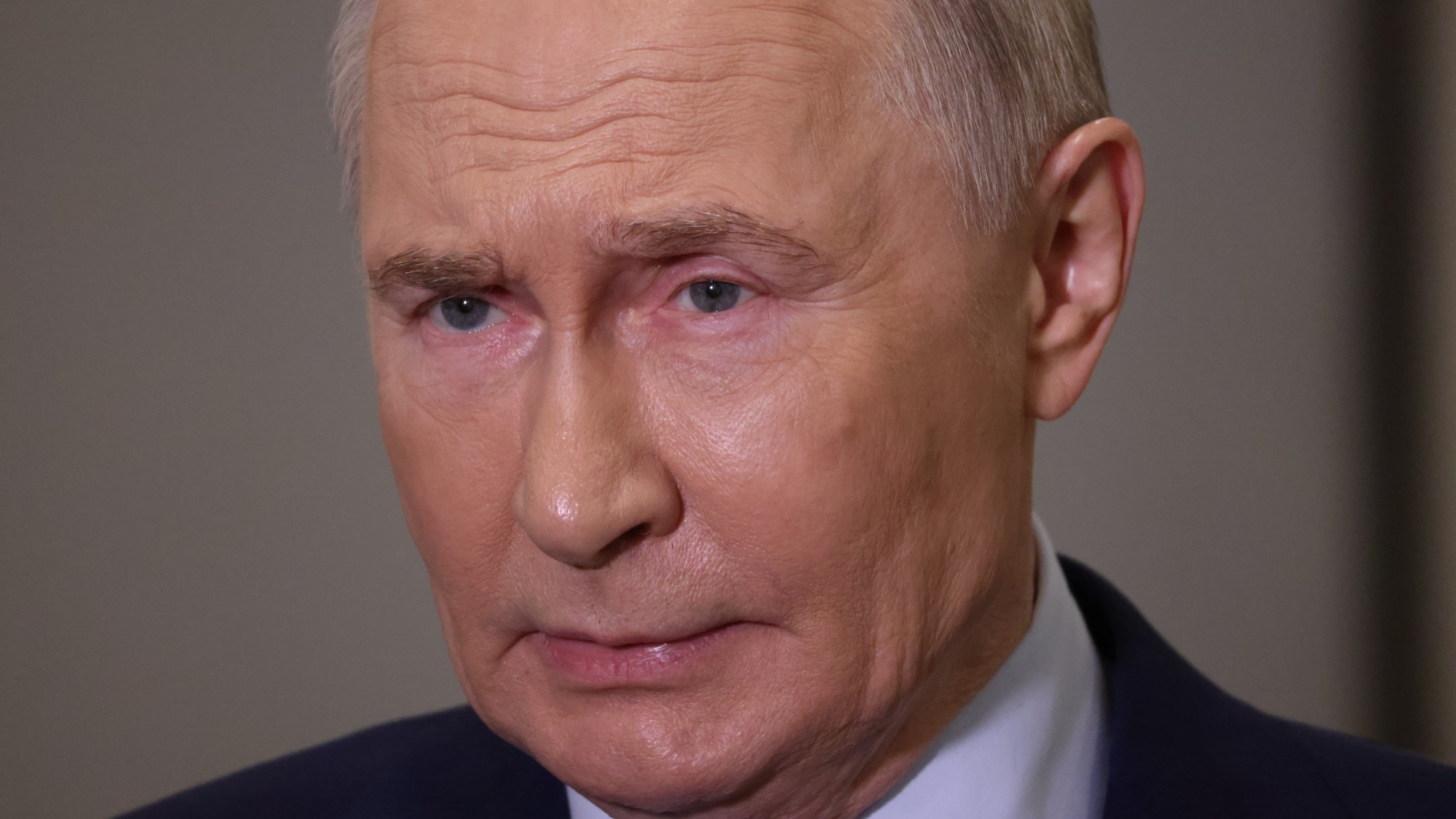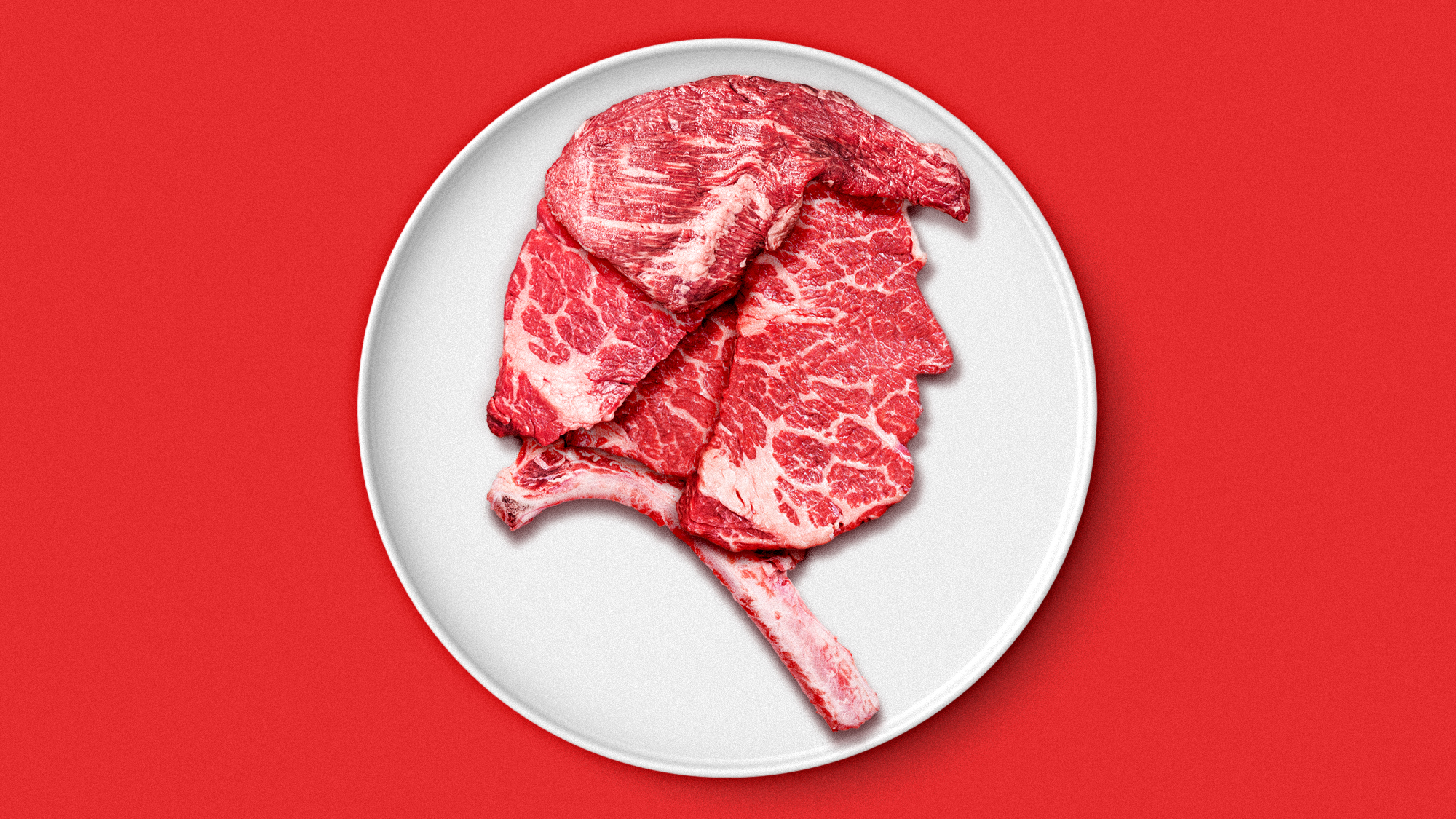How is Russia’s economy holding up?
Predictions of Russian economic crash following Ukraine invasion have proved wide of the mark – but Moscow faces a rocky 2023

A free daily email with the biggest news stories of the day – and the best features from TheWeek.com
You are now subscribed
Your newsletter sign-up was successful
A predicted economic collapse in Russia triggered by international sanctions has failed to materialise, according to latest figures.
Moscow’s invasion of Ukraine has driven up global energy costs and intensified a cost-of-living crisis across much of Europe and the West.
The Russian economy was also expected to crash, as a result of Western sanctions. Back in April and May, “most forecasters” expected the country’s GDP to fall by as much as 15% by the end of the year, with investments expected to drop by up to 28% as prices rose by up to 25%, according to the Wilson Center. But “things turned out differently”, said the Washington D.C.-based think tank.
The Week
Escape your echo chamber. Get the facts behind the news, plus analysis from multiple perspectives.

Sign up for The Week's Free Newsletters
From our morning news briefing to a weekly Good News Newsletter, get the best of The Week delivered directly to your inbox.
From our morning news briefing to a weekly Good News Newsletter, get the best of The Week delivered directly to your inbox.
What happened?
GDP decline for Russia in 2022 is expected to be more like 3.4%-5.5%, based on analysis by the World Bank, the International Monetary Fund (IMF) and the Organisation for Economic Cooperation and Development (OECD). And inflation is expected to peak at around 14% but to then decline sharply next year, the European Council reported.
The past 12 months have still marked “a bad year for the Russian economy”, said the EU body, yet it could have been a lot worse.
What impact is the war having?
Western sanctions aimed at weakening Russia’s ability to finance the war have so far failed to bring Moscow to heel.
Instead, “higher energy prices have helped boost Russia’s budget revenue, half of which comes from oil and gas”, said the Financial Times, while “lower export sales, following the cutting of trade ties with Ukraine’s allies, also helped boost the rouble”.
A free daily email with the biggest news stories of the day – and the best features from TheWeek.com
Russia’s central bank announced last week that the country’s current account surplus had more than doubled to $225.7bn in January-November from $108.6bn in the same period last year.
Sanctions on Russian exports have “proved ineffective in the short term because high energy prices continued to fill the state’s coffers”, said Russian journalist Boris Grozovski in a blog for the Wilson Center’s Kennan Institute. And state aid to banks and companies have “enabled them to keep up investment levels”.
The military enlistment drive that took place in September and October, however, “has done to the Russian economy what the West’s sanctions have so far failed to do”, Grozovski added.
“The real estate market, demand for credit, and consumer sentiment all show a noticeable decline. Absent oil and gas revenues, the federal budget would be in deep deficit. Russia’s brainwashed citizens are starting to suspect that the war is eating away at their well-being,” he concluded.
What is forecast for 2023 and beyond?
The expected economic “nosedive” in Russia might not have come to pass, but the long-term costs of the Ukraine war will be “staggering”, predicted Russian economist Konstantin Sonin in Foreign Affairs.
To expect sanctions to act as a short-term “missile strike” was unrealistic, said Sonin, a professor at the University of Chicago Harris School of Public Policy. But in the long run, they “can weaken the economy and lower GDP”. The “disastrous, misguided war” has put Russia on the “road to ruin”, he added.
Following the implementation of a “near-total ban” on imports of Russian crude into the EU, said Bloomberg oil strategist Julian Lee, the “last Russian barrels have been shipped to ports in Europe”. Moscow “has lost a market on its doorstep for more than 1.5m barrels a day”, Lee wrote, while the world has been “able to cope” with the diversion of Russian crude to Asia.
According to World Bank, IMF and OECD analysis, Russia’s economy will continue to shrink in 2023, with GDP forecast to decline by between 2.3% and 4.5% year-on-year – by far the biggest expected contraction among the G20 group of leading developed and developing nations.
Inflation in Russia, which reached 12.9% in October, is expected to slow to between 5% and 7% in 2023, before returning to the central bank’s 4% target in 2024.
“The factor that will significantly and radically worsen the situation next year is mobilisation,” Evgeniy Nadorshin, chief economist at PF Capital, told a recent debt market conference.
If Putin decides to escalate the war further and push for full mobilisation, hundreds of thousands more young men could be called up to fight, leading to significant labour shortages across Russia.
Combined with a G7 price cap of $60 per barrel for oil, such labour shortages “could undermine any chance of Russia mounting a sustained economic recovery in the months ahead”, said Reuters
-
 The 8 best TV shows of the 1960s
The 8 best TV shows of the 1960sThe standout shows of this decade take viewers from outer space to the Wild West
-
 Microdramas are booming
Microdramas are boomingUnder the radar Scroll to watch a whole movie
-
 The Olympic timekeepers keeping the Games on track
The Olympic timekeepers keeping the Games on trackUnder the Radar Swiss watchmaking giant Omega has been at the finish line of every Olympic Games for nearly 100 years
-
 Will Trump’s 10% credit card rate limit actually help consumers?
Will Trump’s 10% credit card rate limit actually help consumers?Today's Big Question Banks say they would pull back on credit
-
 What will the US economy look like in 2026?
What will the US economy look like in 2026?Today’s Big Question Wall Street is bullish, but uncertain
-
 Is $140,000 the real poverty line?
Is $140,000 the real poverty line?Feature Financial hardship is wearing Americans down, and the break-even point for many families keeps rising
-
 Fast food is no longer affordable for low-income Americans
Fast food is no longer affordable for low-income AmericansThe explainer Cheap meals are getting farther out of reach
-
 Why has America’s economy gone K-shaped?
Why has America’s economy gone K-shaped?Today's Big Question The rich are doing well. Everybody else is scrimping.
-
 Will latest Russian sanctions finally break Putin’s resolve?
Will latest Russian sanctions finally break Putin’s resolve?Today's Big Question New restrictions have been described as a ‘punch to the gut of Moscow’s war economy’
-
 From candy to costumes, inflation is spooking consumers on Halloween this year
From candy to costumes, inflation is spooking consumers on Halloween this yearIn the Spotlight Both candy and costumes have jumped significantly in price
-
 Why are beef prices rising? And how is politics involved?
Why are beef prices rising? And how is politics involved?Today's Big Question Drought, tariffs and consumer demand all play a role